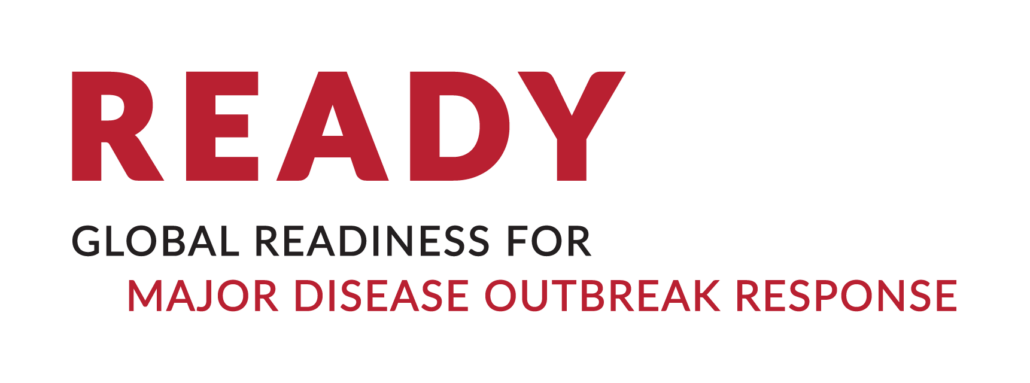RCCE: Perceptions, Misinformation, and Concerns in African Countries in the Time of COVID-19
Speakers: Kathryn Bertram, READY / Johns Hopkins Center for Communication Programs; Sharath Srinivasan, Africa’s Voices Foundation; Sharon Reader, IFRC Africa Regional Office || Theme: Understanding the concerns, perceptions, and misinformation barriers to practicing preventative behaviors in Sub-Saharan African countries, and what is being done to address them.
This Risk Communication and Community Engagement (RCCE)-focused webinar took place on Wednesday, April 29, 2020. For more up-to-date RCCE resources, please visit READY’s RCCE Toolkit or the COVID-19 Micro-Trainings RCCE Module.
Webinar Summary
Recent reports and provisional modeling by UN agencies and the WHO estimate that the number of cases and lives lost in Africa due to COVID-19 could surge within 3-6 months. Urban populations are of particular concern since the majority live in overcrowded neighborhoods, while unreliable access to hand-washing facilities and widespread rumors and misinformation are challenges in both rural and urban settings. In this webinar, Sharon Reader, Senior Advisor for Community Engagement and Accountability, IFRC Africa Regional Office, and Sharath Srinivasan, co-founder and Senior Advisor, Africa’s Voices Foundation, discussed the work they are doing to understand the concerns, perceptions, and misinformation barriers to practicing preventative behaviors in Sub-Saharan African countries, and what is being done to address them.
Moderator: Kathryn Bertram, Social Behavior Change Advisor, READY; Johns Hopkins Center for Communication Programs
Expert Speakers:
- Sharath Srinivasan, Co-founder and Senior Advisor, Africa’s Voices Foundation
- Sharon Reader, Community Engagement and Accountability, IFRC Africa Regional Office


This website is made possible by the support of the American People through the United States Agency for International Development (USAID) under the READY initiative. READY (not an acronym) is supported by USAID’s Bureau for Democracy, Conflict, and Humanitarian Assistance, Office of U.S. Foreign Disaster Assistance (OFDA) and is led by Save the Children in partnership with the Johns Hopkins Center for Humanitarian Health, the Johns Hopkins Center for Communication Programs, UK-Med, EcoHealth Alliance, and Mercy Malaysia. The contents of this website are the sole responsibility of Save the Children. The information provided on this website does not necessarily reflect the views of USAID, any or all consortium partners, or the United States Government, and is not official U.S. Government information.

